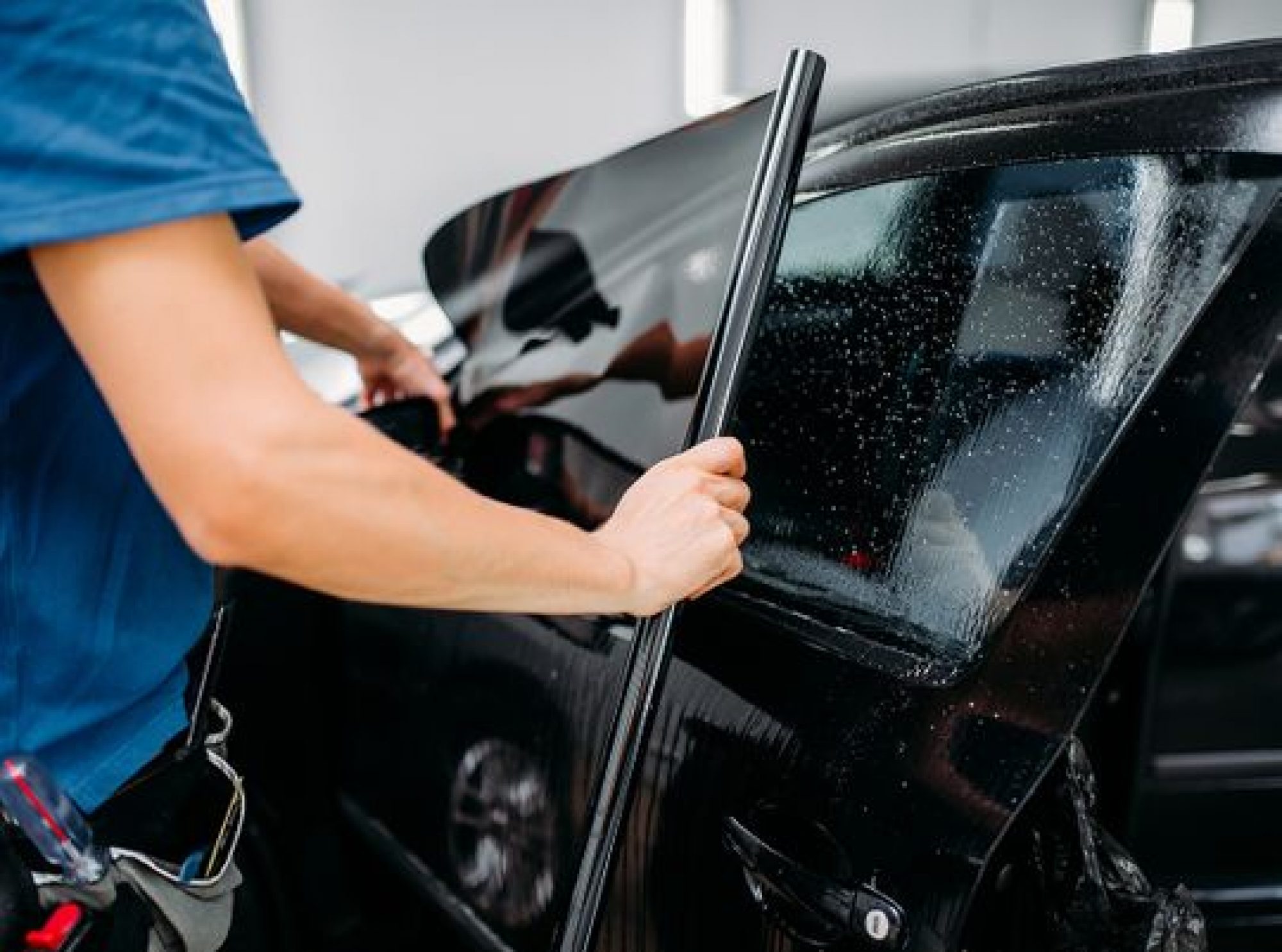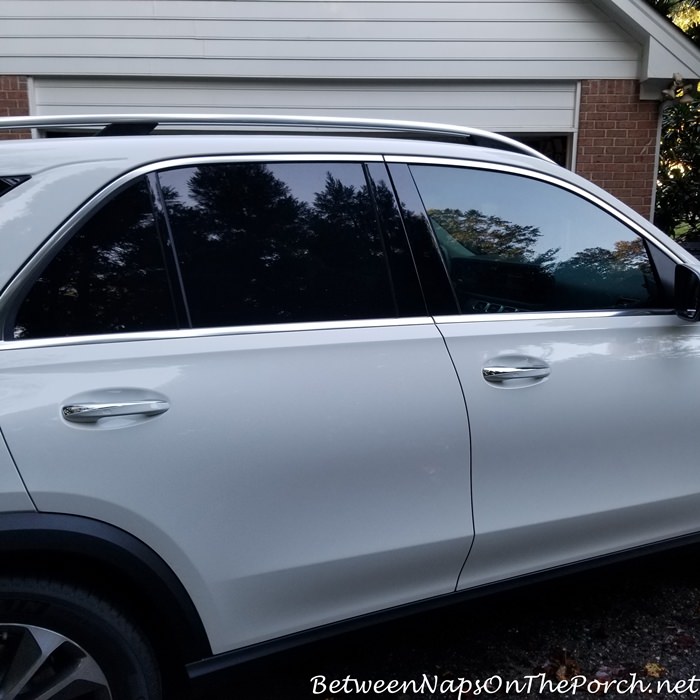Top Benefits of Window Tinting for Your Vehicle's Comfort and Protection
Top Benefits of Window Tinting for Your Vehicle's Comfort and Protection
Blog Article
Home Window Tinting Regulations: What You Need to Know Prior To Tinting Your Automobile
Comprehending home window tinting legislations is essential for any type of lorry proprietor considering tinting their vehicle. As you consider improving your lorry's appearance and performance, it is essential to realize not only the legal effects but likewise the practical considerations that come with picking the right color.
Relevance of Understanding Color Laws
Comprehending home window tinting legislations is crucial for car proprietors to make certain compliance with state regulations. These laws dictate the permissible degrees of color darkness and reflectivity, which can dramatically differ from one jurisdiction to another. Falling short to abide by these guidelines can lead to penalties, necessary elimination of the color, and possible difficulties throughout automobile assessments.
In addition, comprehending these regulations helps car owners make notified choices regarding their tinting choices. Different sorts of window films give numerous advantages, such as UV defense, warm rejection, and glare reduction. Nevertheless, without understanding of the lawful restrictions, lorry proprietors run the risk of choosing products that might inevitably bring about lawful concerns.
Furthermore, understanding of tinting laws cultivates a safer driving setting. window tinting. Excessively dark tints can hinder exposure, increasing the threat of mishaps, especially at night or in adverse weather condition conditions. Regulation enforcement firms additionally use these policies to ensure road safety, making conformity not simply a personal duty but a legal obligation
State-Specific Color Regulations
Each state in the U.S. has actually established its own details policies regarding window tinting, showing a diverse variety of standards and needs. These regulations can vary considerably, affecting exactly how lorry proprietors approach installment and conformity. Some states permit darker colors on back windows while imposing stringent restrictions on front-side windows.
Additionally, guidelines often specify allowable tint products and shades. Certain states ban reflective tints entirely, while others might enable them to a limited degree. Moreover, some jurisdictions mandate that automobiles with tinted home windows display a sticker label indicating compliance with state legislations, supplying a clear recognition for legislation enforcement.
Enforcement of these laws additionally varies; some states are much more positive, performing random checks, while others depend on problems or visible infractions to initiate enforcement. Lorry proprietors ought to understand that failing to conform with state-specific color policies can lead to fines, compulsory removal of prohibited tints, or both.

Lawful Tint Percentages
Figuring out the lawful tint portions is vital for automobile owners seeking to abide by state regulations. Each state has specific laws regulating exactly how much light needs to travel through the home windows of an automobile, which is revealed as a percentage referred to as Visible Light Transmission (VLT) This percent differs substantially throughout states and can rely on the kind of window-- front side, back side, and windscreen.
As an example, some states allow just 20% VLT on learn the facts here now front side windows, while others may allow as much as 50%. Windshield tinting is frequently a lot more limited, with lots of jurisdictions permitting only a narrow band of color at the top of the windscreen. On the other hand, rear home windows typically have much more lenient guidelines, with some states permitting darker colors.
It is necessary for vehicle owners to acquaint themselves with their local regulations to avoid prospective lawful concerns. This includes understanding just how VLT is determined, as it can differ based on the kind of home window movie utilized. Staying notified about these guidelines guarantees conformity and promotes risk-free driving problems for both the car proprietor and others on the road.
Consequences of Non-Compliance
Failing to comply with window tinting laws can bring about considerable effects for lorry owners. One of the most immediate repercussion is the possibility for traffic stops and citations from law enforcement. Policemans trained to identify visit homepage illegal tint levels may issue fines, which can differ by jurisdiction yet commonly vary from moderate to substantial amounts. Repeated offenses might lead to boosted charges, consisting of higher fines or extra points on a chauffeur's certificate.

Insurer may also enforce fines for non-compliance, as prohibited alterations can be deemed a violation of policy terms. If an incident takes place., this can impact protection rates or lead to complications in claims.
Inevitably, the effects of non-compliance extend past prompt punitive damages; they can affect a chauffeur's insurance prices, lawful standing, and general vehicle worth, stressing the relevance of sticking to neighborhood home window tinting laws.
Tips for Deciding On Tinting Options
When selecting window tinting options,Understanding the ramifications of non-compliance highlights the significance of making notified options. To start with, acquaint on your own with your state's specific laws regarding color darkness and reflectivity. Each state has distinct regulations that dictate the permissible restrictions, so guarantee you stay within these guidelines to stay clear of fines.
Second of all, consider the kind of tint material. Alternatives include dyed, metalized, and ceramic tints, each offering differing levels of warmth denial, UV defense, and toughness. Ceramic colors supply superior warm resistance without conflicting with digital devices, making them a prominent selection.
In addition, assess your main objective for tinting. If you seek enhanced privacy, choose darker colors; nonetheless, remember that this may impact exposure in the evening. Conversely, if glow decrease and UV defense are your main issues, lighter tints might be sufficient.
Last but not least, talk to a professional installer who is experienced concerning regional web regulations and can recommend premium materials fit to your requirements (window tinting). Taking these aspects into account will ensure you make a knowledgeable decision, eventually improving both your automobile's visual appeals and capability
Verdict
Finally, familiarity with home window tinting laws is essential before using color to an automobile. Each state implements certain guidelines regarding noticeable light transmission percentages, particularly for front-side home windows and windscreens. Non-compliance can lead to significant charges, including fines and obligatory elimination of non-conforming tint. By comprehending lawful needs and choosing appropriate color materials, automobile owners can attain visual enhancement while remaining certified with appropriate legislations. Adherence to these standards guarantees both safety and security and contentment.
Recognizing window tinting regulations is necessary for any vehicle proprietor thinking about tinting their auto.Recognizing window tinting regulations is vital for lorry proprietors to ensure compliance with state guidelines. Some states enable darker colors on rear home windows while imposing rigorous restrictions on front-side windows.
In contrast, rear home windows normally have more tolerant policies, with some states permitting darker colors. (window tinting)
In verdict, knowledge with window tinting laws is necessary prior to applying color to a vehicle.
Report this page